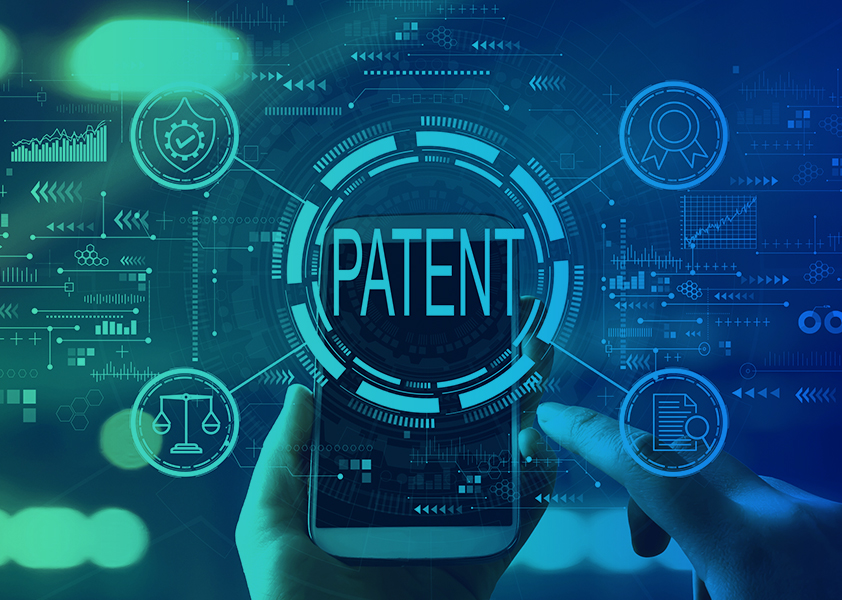
The UK ratified the Unified Patent Court Agreement (UPCA) on 26th April 2018 despite the Brexit vote and the currently ongoing negotiations for the UK to leave the UE.
Only the German ratification is now missing for the system to go alive, as France has already ratified the UPCA. However, Germany’s ratification has been further delayed since the constitutional complaint against the ratification of the UPCA (End of March 2017). If the German Federal Constitutional Court (FCC) decides not to admit the complaint, the German ratification procedure can resume (within approx. 6 months), still possibly before Brexit day (29th March 2019). If the FCC admits the complaint Decision, the decision will not be expected before end 2019 (may be even much later if the FCC refers the matter to the European Court of Justice), and the UK will have left the EU by that time.
Even, the system goes alive before Brexit day (29th March 2019), it is uncertain how it will evolve after the UK leaves the UE. UPCA in its present form provides that :
- The UPCA is only open to EU Member States (A.84 UPCA),
- The Central Division has one of its section in London (A.7 UPCA).
Legal solutions were identified so that the UK can stay in the system, post-Brexit, provided that :
- The UPCA should be amended (A.84 UPCA) before the UK leaves the EU so as to provide for participation of non-EU states
- An international agreement should be reached between the UK and the participating states regarding the UK’s continued participation, and
- The CJEU will have to be satisfied with the legality of the agreement
This may give rise to a number of legal issues, in particular the question whether the UPCA may be open to non-EU Member States.
Some consider that the UPCA is not necessarily limited to EU Member States as long as the supremacy and uniformity of the EU law is guaranteed, to be in conformity with the CJEU opinion 1/09. However, this is contrary to the European Commission’s interpretation of opinion 1/09 and this would represent a significant obstacle to the UK’s remaining a party.
It also remains to be seen how the UK will reconcile the Brexit and the supremacy of EU law and the CJEU. Additionally, if such an agreement to ensure continued participation of the UK is not reached or if it is declared invalid by the CJEU, this may weaken the UK’s position in Brexit negotiations. Moreover, the UK’s future participation in the Unitary Patent after the Brexit day has not been officially addressed.
Finally, after the Brexit officially takes places, and if some Unitary Patents had been granted in between, there could be an uncertainty on the geographical coverage of such Unitary Patents. These patents would likely not cover the UK, unless the UK takes measures to provide a continuity of the granted rights.
LAVOIX will keep you updated promptly of any new development in this matter.

